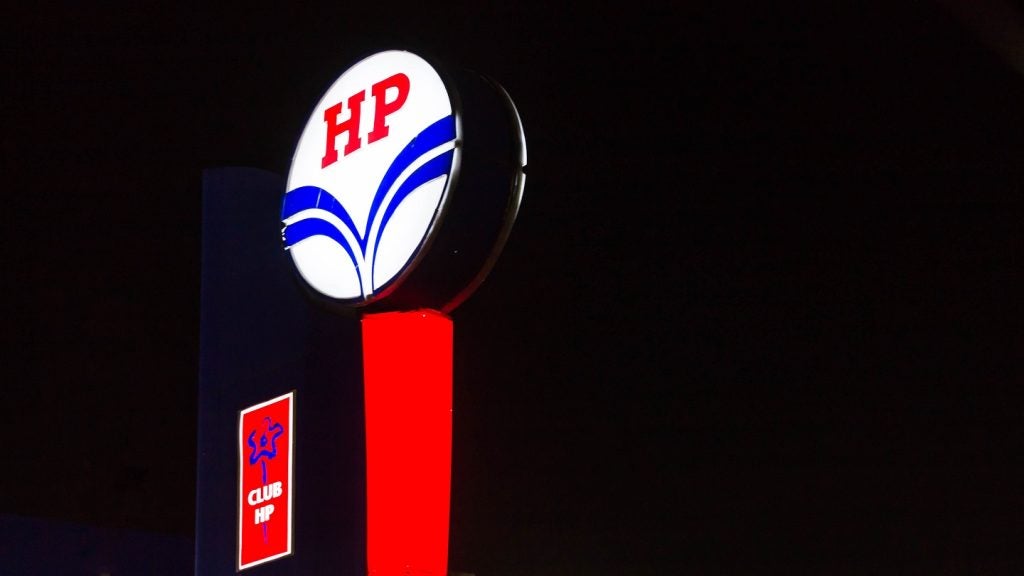
In November, the US Government announced that it was withdrawing as an implementing country from the Extractive Industries Transparency Initiative (EITI), the global standard that promotes the open and accountable management of extractive resources, with a particular focus on oil and gas.
The US Department of the Interior claimed that US laws prevent compliance with the EITI standard.
For EITI advocates such as NGO Global Witness, however, it was proof that the Trump administration and US multinationals are intent on undermining programmes aimed at encouraging environmental protection − and transparency and accountability in how oil, gas and mining revenues are managed.
“When major Russian and Chinese oil companies are disclosing more information about their deals around the world than their US counterparts, you have got to ask: what are Exxon and Chevron so desperate to hide?” said Corinna Gilfillan, head of the US Office at Global Witness.
“It was hugely important that the US implemented the EITI,” says Jonas Moberg, head of the EITI International Secretariat. “The previous government under President Obama acknowledged that there was a lack of transparency when it came to payments of taxes and royalties within the US.
“It was significant both domestically in the US, and in the context of the wider international quest for transparency and improved governance in terms of how we manage our natural resources.
How well do you really know your competitors?
Access the most comprehensive Company Profiles on the market, powered by GlobalData. Save hours of research. Gain competitive edge.

Thank you!
Your download email will arrive shortly
Not ready to buy yet? Download a free sample
We are confident about the unique quality of our Company Profiles. However, we want you to make the most beneficial decision for your business, so we offer a free sample that you can download by submitting the below form
By GlobalData“We are now at the beginning of the process of decarbonising global economies, and so it is really important to do whatever we can to demonstrate good governance, transparency and openness about the oil and gas we do need to produce and use.”
Withdrawal symptoms: why did the US exit the EITI?
Enacted in 2003, the EITI aims to improve information on oil, gas and mining companies’ interactions with government and their tax arrangements in order to minimise financial corruption.
The onus is on individual governments to sign up for and uphold the rules, which may require them to change or amend domestic laws and tax regulations in order to fulfil EITI reporting requirements.
“The EITI is a standard implemented by countries, and supported by companies, civil society and the other member nations,” explains Moberg. “If, for example, a company operates in Saudi Arabia, it is not required to report to the government since Saudi Arabia does not currently implement the EITI.”
“Of the 51 countries that implement the EITI, there are many countries that have had to remove legal barriers or have opted for legislation to enact the EITI. In Nigeria, for example, EITI implementation involves a legal authority employing 60 staff, and [is] based on law.
“Many countries have something similar to the legal framework that exists in the US and there are a number of ways that can be addressed, either through law or other means, waivers, for example.”
In other words, the US doesn’t lack the legal means to enact the EITI; rather it lacks the political will.
“The key stumbling block was that a number of US companies would not agree to disclosing their corporate tax; royalties wasn’t the problem,” Moberg says. “So, when the US said there are internal regulatory barriers… I don’t think the US Government felt it even had the right to ask for this information − which is odd, because that is what the EITI is actually about in most countries.”
Political warfare: the battle over Section 1504 of the Dodd-Frank Act
Inextricably linked to the US withdrawal from the EITI is the ongoing political battle in the US over the bipartisan Cardin-Lugar Amendment, otherwise known as Section 1504 of the Dodd-Frank Act.
The 2010 law requires US-listed companies to publish details of payments to governments in return for rights to natural resources, and inspired 30 countries to follow suit. To date, resource companies from other countries have disclosed more than $150bn in payments under similar regulations.
Rules issued by the US Securities and Exchange Commission (SEC) sought to ensure that Section 1504 would complement the EITI − for example, the definition of “payment” specifically referred to the EITI.
However, in February 2017, President Trump signed into law Congressional action to disapprove the rule submitted by the SEC. The US House Financial Services Committee subsequently voted on 14 December to proceed with a bill (H.R. 4519) that would repeal Section 1504 of the Dodd-Frank Act.
EITI chairman Fredrik Reinfeldt commented: “I believe it would be a setback for transparency in the extractive industries if this legislation is adopted and 1504 repealed”.
Moberg goes a step further.“The main thing was Section 1504 and the politics around that,” he says. “Had that been solved then I think the EITI issue would also have been resolved.
“It is important to recognise that 1504 was passed before we got similar legislation within the EU and with ESMA in Canada,” he continues. “We have seen significant developments in a number of important jurisdictions and this repeal effort is taking us in the wrong direction.
“This is not just about the domestic situation; it is about also reporting to foreign governments and that is why it is very important for the EITI and outside the borders of the US. If 1504 is repealed, there is the possibility that this will have negative consequences abroad, because it potentially means that companies can try to refuse reporting in other countries that are implementing the EITI.”
The future of the EITI: promoting a culture of transparency
However, Moberg is optimistic and insists that the credibility of the EITI remains unaffected.
“The US remains a supporting country in that politically it still supports implementation of the EITI,” he says. “Mexico signed up to the EITI in October and I’ve just returned from Buenos Aires, where there is a very strong political commitment.
“Things are changing. Europe has accepted these types of disclosure requirements. Total, for example, has spoken out strongly in favour of 1504 and the mining companies are altogether in a different place.”
Does Moberg envisage a time or scenario in which the US could rejoin the EITI?
“It is not for me to speculate about the future, but our door is always open to any country, including the US, who wants to implement the EITI,” he says. “There have been examples of that in the past.
“It is a more complicated picture than a few years ago − things have evolved and expectations have changed. Voluntary, semi-voluntary and different forms of corporate disclosure of payments have become increasingly commonplace inside and outside of the EITI.
“The bottom line is that all payments between producing companies and the receiving government are made publicly available in a meaningful way.”





